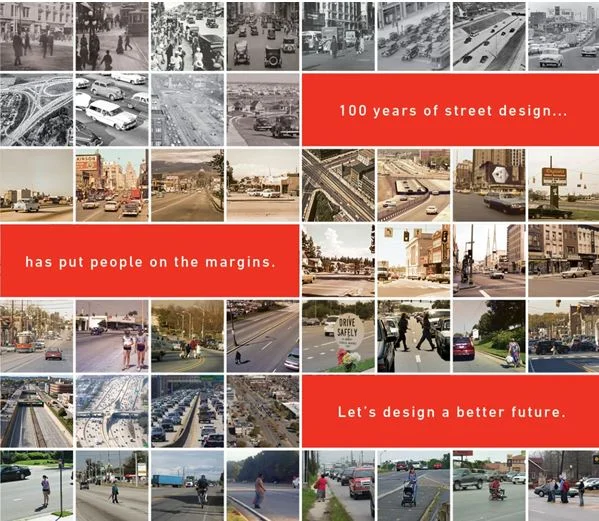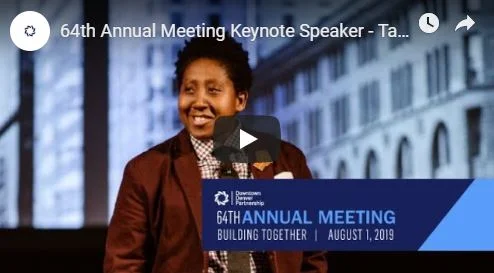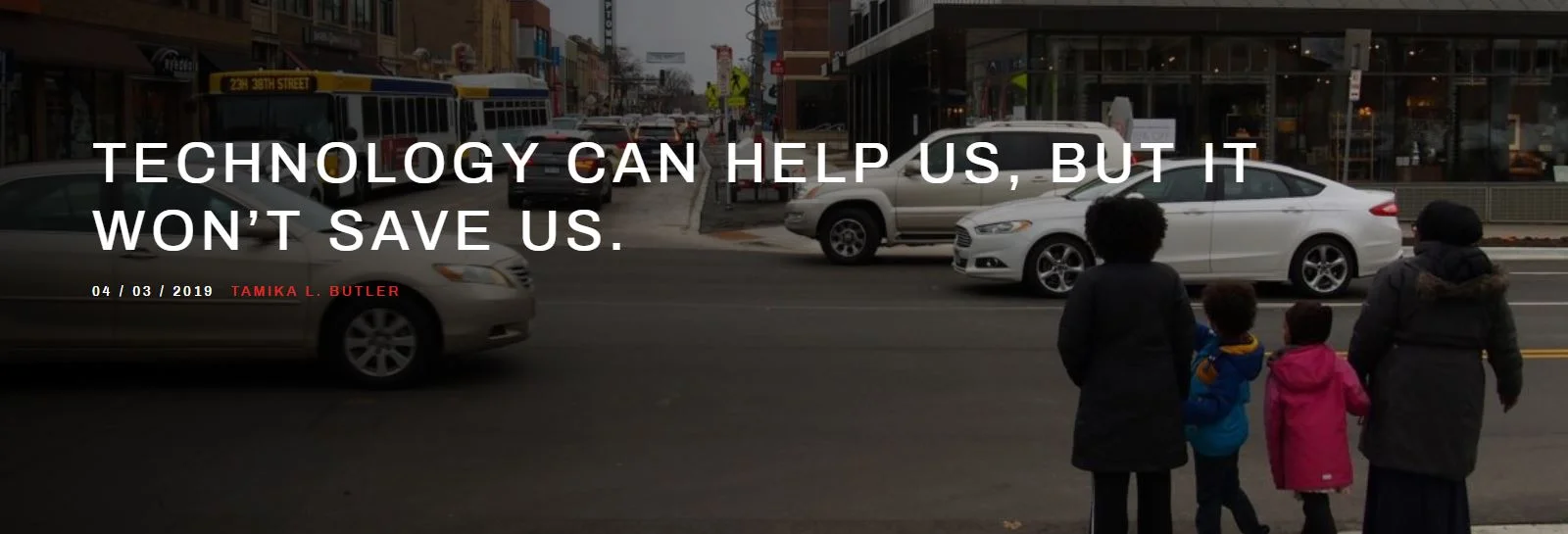Habari Gani?
Nia.
Today after a long day of travel it was great to center myself with my family and talking about what Nia, or purpose, means to us. Our tradition of sitting around and talking about the Kwanzaa principle of the day has always been a great way to silence all the noise and focus on what’s important as we head into a new year.
I was feeling good about myself and thinking about setting goals related to my purpose that would benefit my community in the coming year. But of course, that’s a task for another day so I decided to unwind before bed by doing some Twitter lurking…always a mistake. The first thing I see is that #ItsOkayToBeWhite is trending. Before I can even complete my eye roll, I decide Twitter isn’t where I should be unwinding. Because I like to go from bad to worse, I decided work emails and texts were where I should head next. Plus, one of my resolutions is to be better at responding to folks—if you text me, you know this is something I need to work on. Sorry!
As I dug through work stuff—I’ve been out on a break for weeks—I noticed another note from someone about the Lake Arrowhead Conference. I say another because after the conference there were tons of notes, conversations, and whispers about how a few of us queer folks and folks of color, especially the black folks, really ruined the experience for others. Then just a few weeks ago there was something about folks in important positions asking SCAG to no longer sponsor the conference because the equity talk of those same folks really took away from the usually great transportation conference.
So what happened? What did we do? Not that important. Honestly, I found that 2019 was a year of transportation conferences where a new generation of transportation professionals started attending conferences in force. In particular, young women of color showed up and things just seemed to happen where folks were offended because these conferences didn’t go as usual. All of a sudden there were more folks of color in attendance and we were saying things. We were harder to ignore or isolate to one panel on equity.
I spent a lot of this year trying to figure out how I could be a better support, friend, mentor, listener…everything really to this next generation of folks of color in transportation who are just trying to find their way. Whether at a conference, in the office, or in life—it’s a struggle. I was recently told that a therapist said that to be a black woman in this country meant to hurt every single day. I felt that. I feel that. Most days. Well honestly, every day. And that therapist didn’t even know the world of delicate white snowflakes that can often describe transportation spaces.
When you’re dealing with your own pain and seeing it in others as we all try to navigate systems, create change, and live our lives, it’s hard to figure out how to be that better support, friend, mentor, listener…everything.
There’s this group of us in a generation of emerging leaders. We’ve worked hard and are starting to be in the rooms and meetings with folks who have been bosses for a while. Some even see us as bosses. Looking up we see the bosses who have opened doors for us and are trying to change the status quo. Well at least some of them. Some love us and give us advice and look out for us. Others…they’re just annoyed that we’re here and taking our space. They want the status quo. They want things the way they have always been and we’re a threat to that. These people also love to give advice. Often, it’s about how they want to support us, but first just want to help us think about how to change our approach or tone or just change. They usually want to help us understand that our outrage or desire to change things is based in misunderstanding or lack of patience. I want to be clear, there was a lot of support and love after the Arrowhead Conference—but there was also a lot of advice from those folks who just wanted the queer folks and folks of color, especially the black folks to just show up differently, be different, be like everyone else. They wanted us to sit quietly and take whatever was thrown our way.
That isn’t easy for me. I’m not sure that’s really my purpose. To just sit there? Quietly? Say nothing? Do nothing? I’m horrible at it. But I’ve spent a lot of this year thinking that maybe I should get better at it. That I should just put my head down and not make waves. I’ve been taking in the advice and trying to figure out how to be less. Less loud. Less offensive. Less me, I guess. In fact, I’ve been trying to figure out if being a better support, friend, mentor, listener…everything…to this next generation meant helping them be less as well. In fact, I’ve probably had situations in the last year where I’ve said something like that to someone. I started thinking about all the advice I have gotten about being less me. Arrowhead really brought a lot of that up for me. In order to get it out, I wrote this letter below a little after the conference.
I put it away and only shared it once with a few people. My friend Brittany Ballard is one of the most creative and talented artists I know. She co-created Unsent and encourages folks to write things they don’t send and then share them at open mics as a release. I did this at a small open mic and then buried it away. I thought perfect. No need to send. Getting it out helped me get past a lot of the pain and frustration that Arrowhead brought up.
But then when I opened work stuff today and saw another Arrowhead message from someone who just wanted to share some advice for me as I head into the new year. You know, about growing as a professional and being less…me. I found that unsent letter and decided to send it. To who? I’m not sure, but if this resonates for you, then it’s for you.
It’s a new year coming and I really don’t want to deal with the Arrowhead Conference anymore. Honestly, I’m surprised people got so in their feelings. People were offended. So thank you for those of you trying to help me understand why. I hear the advice on how to do things differently in the future. Can’t promise I will. But for all the young folks of color who are thinking about how to go into the new year and achieve their purpose while being less…let me share some advice:
Want to finish? Read the rest here.




















